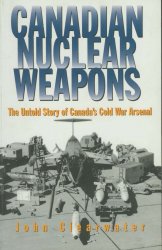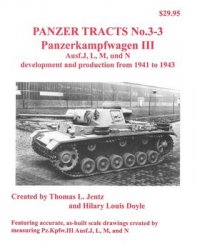For many years, David spoke little of his wartime experiences, but he did allow me to read his diaries, which I found very moving, realising that while I was just a schoolgirl during World War II, he and many young men like him had been living so dangerously and with such valour.
During his years as a history teacher, David sometimes drew on his experiences to educate the young men about the folly of war, and occasionally allowed people to read his diaries. As I was by that time a published author, they invariably said to me, ‘When are you going to write David’s story?’ My glib reply was always, ‘Never. That’s his story. He can write it if he wants to.’
But in 1979, when I was researching for a film script on women artists, I discovered the work of Stella Bowen, one of three Australian women war artists in World War Two, at the Australian War Memorial. I shall never forget standing in front of her portrait of an RAAF bomber crew in 1944, now a well-known image, but then almost unknown. Looking at the babyfaced boys and older men whose tight-closed lips would never tell of the horrors their anguished eyes had seen, the tears streamed down my face. It could have been David and his crew under the wings of the great black Lancaster. This crew did not come back, but their image stayed always in my mind.
In December 2002, 49 years after our marriage, I was recovering from major surgery for cancer and wondering why I was still here. I had written 43 books. What was there still that I had not done?
Six months later, still wondering, I was sitting in Melbourne with a publisher who was suggesting that I write my autobiography. Suddenly, like a Damscus road flash, I knew the story I still had to write. And it was not mine. It was right beside me and had been for 55 years.
Fortunately, the archivist/historian streak in David had ensured that he preserved not only his wartime diaries, but also his photos, carefully annotated with names, dates and places; his logbook; operational diaries; service records; lecture notes; airgraphs and letters to his family; and a significant collection of books and pamphlets about the RAF and Bomber Command. All were ordered and organised.
So with the new war in Iraq horrifying the world, David, just turned 81, and I, 71, embarked on a new project together, to help the young and not-so-young people to understand how war affects the lives of ordinary men and women, the cruel waste it causes, the pain and grief it inflicts.
David, going through the letters I sent him while he was in hospital during his university years, smiled and showed me one I had written after I had just completed several big essay assignments. I am sick of writing, I declared with eighteen-year-old passion, and in future I never want to write anything but grocery lists!
I hope that Battle Order 204 is more than a grocery list. It has been a labour of love.
Christobel Mattingley Stonyfell, South Australia.




 World History
World History









